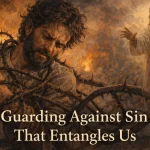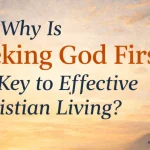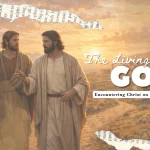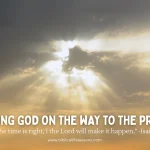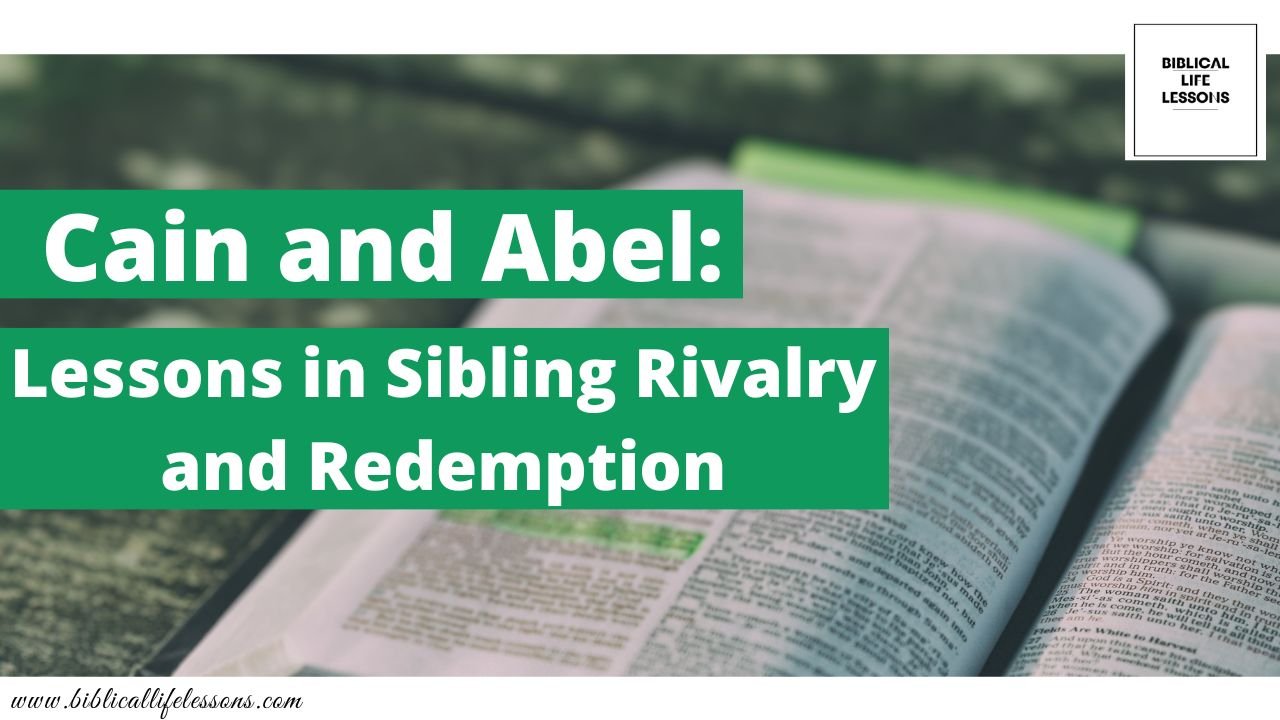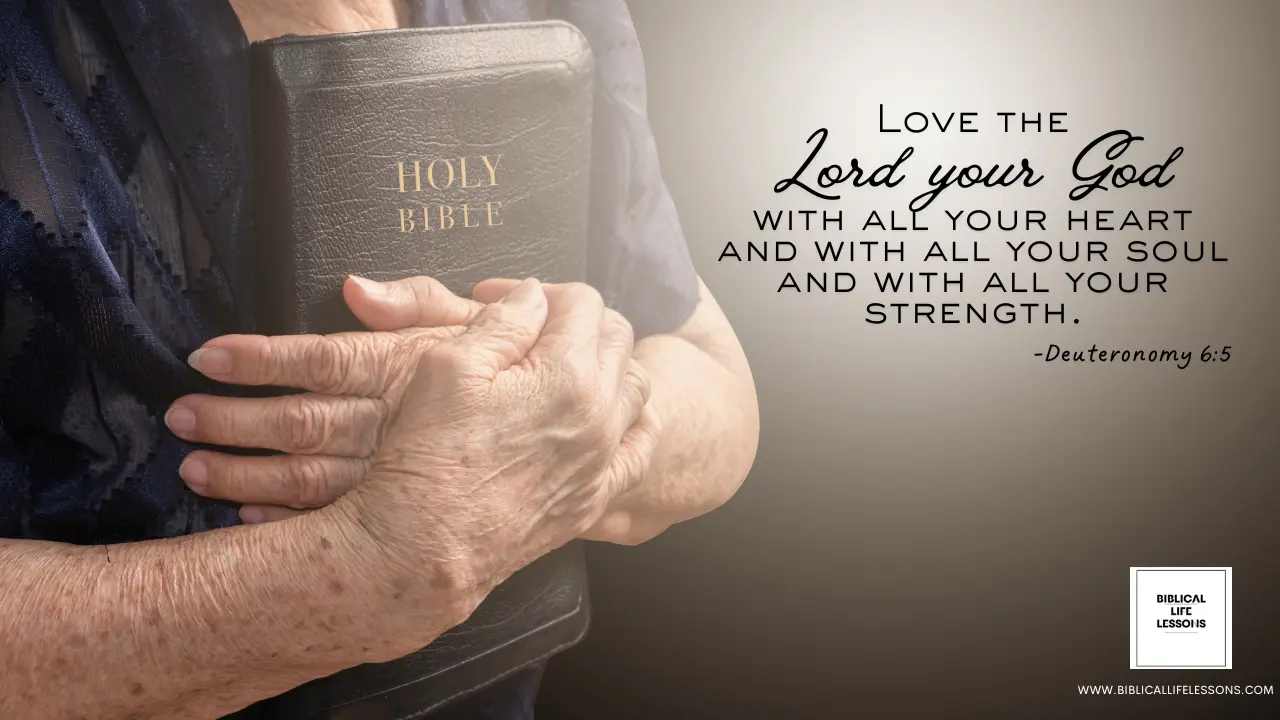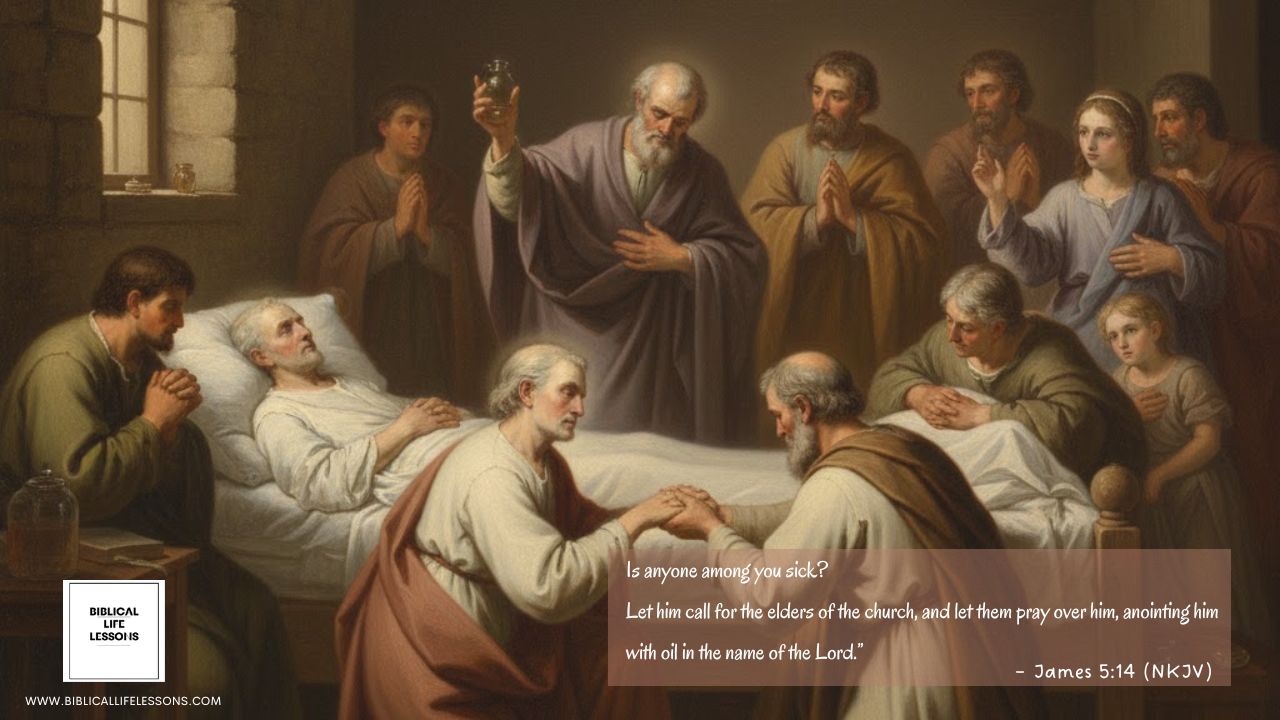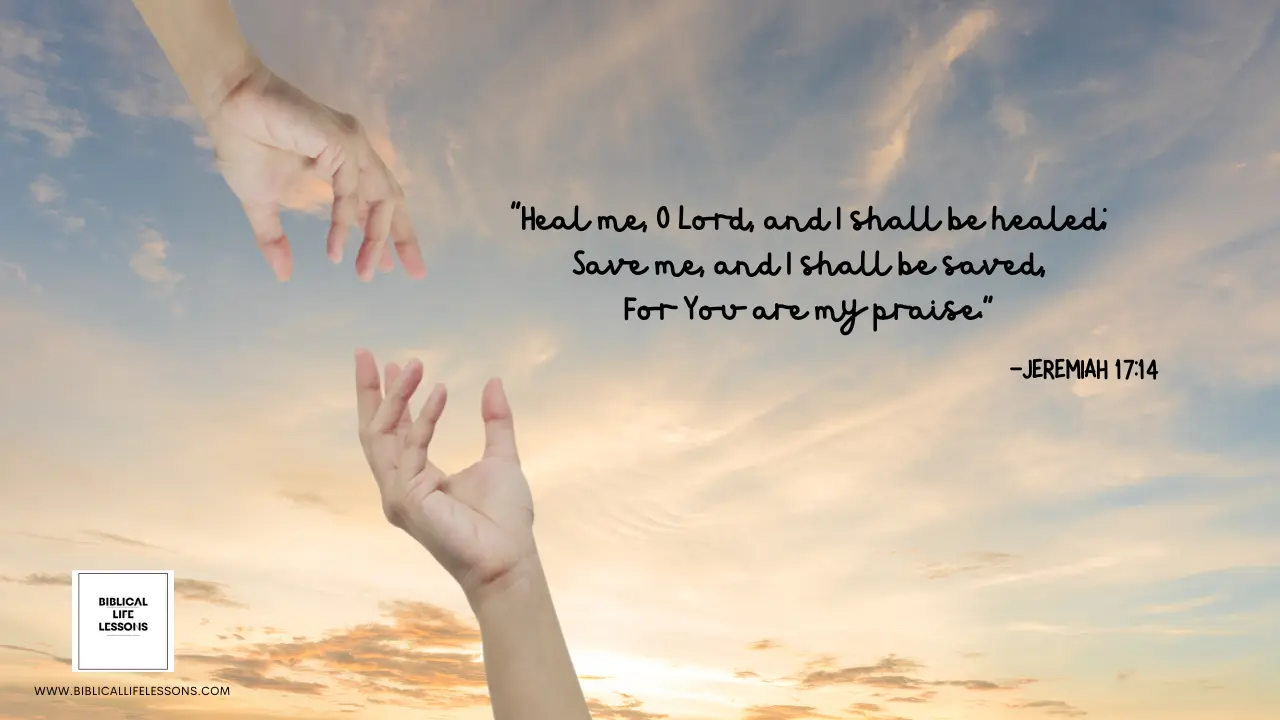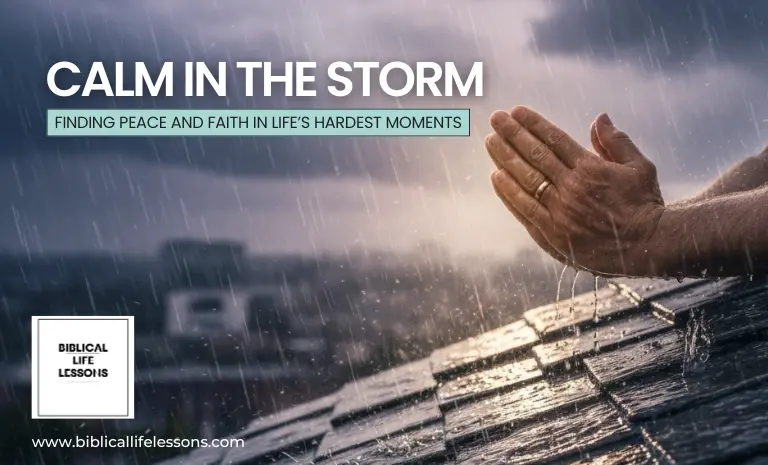The timeless story of Cain and Abel, nestled within the early chapters of Genesis, serves as a profound narrative that delves into the complexities of human relationships, jealousy, and the potential for redemption. This tale of two brothers, their offerings, and the tragic consequences of unchecked emotions offers invaluable insights that resonate across cultures and generations.
Sibling Rivalry and Its Origins
The story begins with Cain and Abel, the sons of Adam and Eve, offering sacrifices to God. Abel’s offering is accepted, while Cain’s is not. This initial disparity sets the stage for the emergence of jealousy and rivalry between the brothers. Cain’s anger and resentment stem from the perception of favoritism, sparking a cascade of events that reveal the destructive power of unchecked emotions.
The Bible records in Genesis 4:5-7 (NIV):
5 but on Cain and his offering he did not look with favor. So Cain was very angry, and his face was downcast. 6 Then the Lord said to Cain, “Why are you angry? Why is your face downcast? 7 If you do what is right, will you not be accepted? But if you do not do what is right, sin is crouching at your door; it desires to have you, but you must rule over it.”
The Unraveling of Relationships
Cain’s jealousy festers, culminating in a violent act – the murder of his own brother Abel. This tragic outcome highlights the destructive potential of envy and resentment. The story serves as a stark reminder of how unresolved conflicts and negative emotions can escalate, leading to irreversible consequences.
The Bible continues in Genesis 4:8 (NIV):
8 Now Cain said to his brother Abel, “Let’s go out to the field.” While they were in the field, Cain attacked his brother Abel and killed him.
Divine Judgment and Redemption
God’s response to Cain’s actions demonstrates the importance of accountability and the principle of reaping what one sows. While Cain faces punishment for his crime, he is also given a mark of protection, a sign of divine mercy even in the face of his wrongdoing. This aspect of the story opens a window to the concept of redemption and the possibility of transformation despite grave mistakes.
Genesis 4:9-15 (NIV) reveals God’s response to Cain’s crime:
9 Then the Lord said to Cain, “Where is your brother Abel?” “I don’t know,” he replied. “Am I my brother’s keeper?” 10 The Lord said, “What have you done? Listen! Your brother’s blood cries out to me from the ground. 11 Now you are under a curse and driven from the ground, which opened its mouth to receive your brother’s blood from your hand. 12 When you work the ground, it will no longer yield its crops for you. You will be a restless wanderer on the earth.” 13 Cain said to the Lord, “My punishment is more than I can bear. 14 Today you are driving me from the land, and I will be hidden from your presence; I will be a restless wanderer on the earth, and whoever finds me will kill me.” 15 But the Lord said to him, “Not so; anyone who kills Cain will suffer vengeance seven times over.” Then the Lord put a mark on Cain so that no one who found him would kill him.
Lessons for Modern Relationships
The story of Cain and Abel offers timeless lessons that resonate in modern relationships:
* Navigating Jealousy and Comparison
The destructive effects of jealousy and comparison are evident in the tale. Acknowledging these emotions and seeking healthy ways to address them can prevent them from consuming our relationships.
* Communication and Conflict Resolution
The story underscores the importance of addressing conflicts and misunderstandings early on. Open communication and reconciliation can prevent misunderstandings from escalating into irreparable damage.
* Accountability and Redemption
Cain’s story showcases the potential for redemption, even in the face of grave mistakes. Embracing accountability and seeking positive change can pave the way for transformation and growth.
* The Power of Mercy
God’s mark of protection on Cain highlights the power of mercy and compassion. Extending forgiveness and showing kindness can have a profound impact on healing and restoration.
A Tale of Warning and Hope
The story of Cain and Abel serves as a cautionary tale, urging us to confront the destructive potential of unchecked emotions and unresolved conflicts. Yet, it also offers a glimmer of hope, reminding us that even in the darkest moments, there is a path to redemption and growth. By learning from the mistakes and choices of these ancient brothers, we can cultivate healthier relationships, foster empathy, and ultimately seek a path of healing and reconciliation in our own lives.
Subscribe for Daily Email Devotionals
